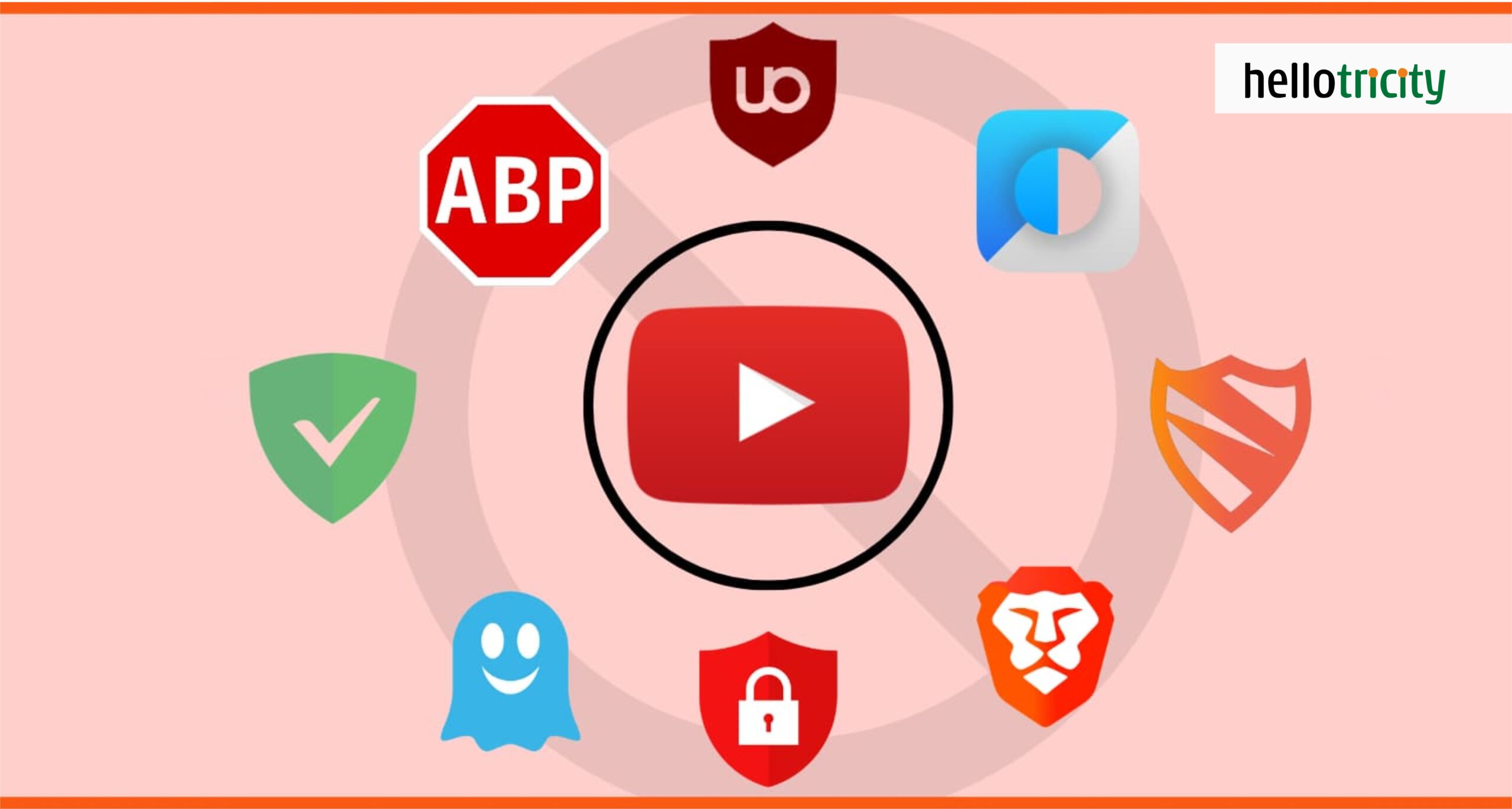YouTube has started a fresh probe to deal with the prevalent problem of third-party ad blockers on its platform. As per information, users who have allowed their browsers to block ads are now having videos skip themselves right to the climax, leaving without seeing anything. This most recent action follows up on the world wide suppression campaign that YouTube began in 2014 against third party apps and browser plugins which prevent ads from being shown and trespass upon the company’s access restrictions.
The issue was highlighted in a post by a user on the YouTube subreddit, who shared a video clip demonstrating the new behavior. The clip showed that enabling an ad blocker forces the video to skip to the end, making it impossible to watch. Other users on the subreddit corroborated this experience, adding that attempting to skip sections of the video results in the same fast-forwarding effect. Additionally, some users reported that the audio of the videos becomes inaudible unless the volume control is actively manipulated.
YouTube enforcing these rules is part of their continued attempts to fight ad blockers that ruin how it gets paid online. On its TV application, YouTube introduced thirty-second ads that one cannot skip on May 2023. This was followed by a global experiment in June, urging users with ad blockers to either allow ads on YouTube or subscribe to YouTube Premium. The experiment has since escalated into a broader enforcement strategy against ad blockers that violate YouTube’s terms of service.
Christopher Lawton, Communications Manager at YouTube, explained the rationale behind this enforcement. During his talk with The Verge, he stressed that adverts are fundamental as they help in maintaining an assorted range of content developers as well as making it possible for billions of people get free stuff here. Although YouTube also earns revenue using traits like Super chat and channel membership, the company still depends on promotions for long-term sustainability. Third-party ad blockers disrupt this revenue stream, posing a significant challenge to the platform’s business model.
Users have been talking about a balancing act between user experience and the need for revenue from the platform due to the heightened measures. Ad blockers users should either reconsider their strategy of using the service or explore other avenues such as subscribing to Youtube Premium, in case Youtube intensifies enforcement of ads.
This development marks another chapter in the ongoing struggle among digital content distributors and adblockers, shedding light on the intricacies and difficulties that come with maintaining an online ecosystem that benefits both creators and consumers.




